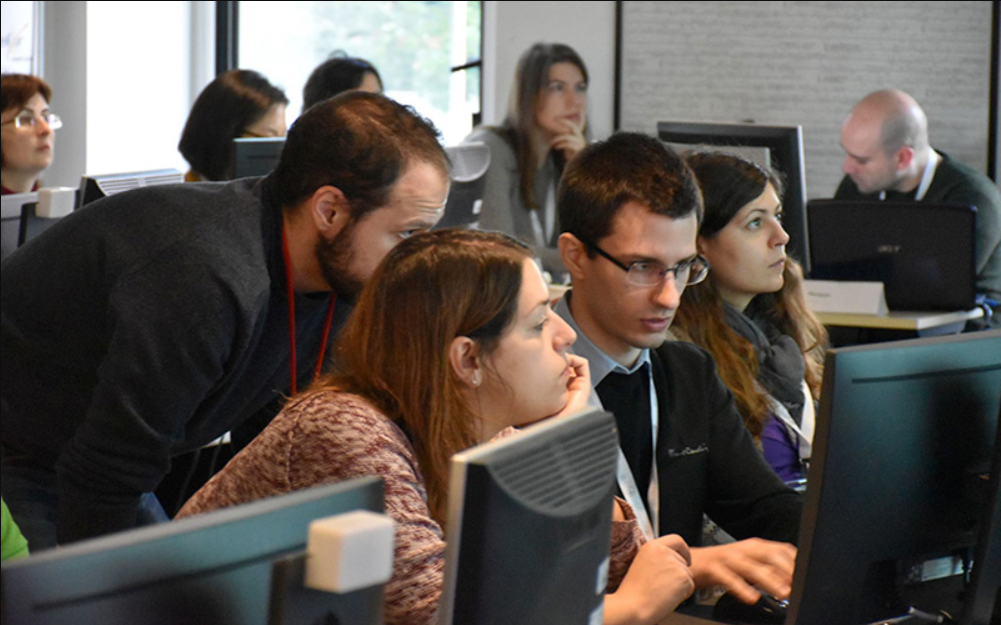CPANG22 Computational Pangenomics
Event Slider
Date
- / Cancelled / Sold out
Location
Instituto Gulbenkian de CiênciaRua da Quinta Grande, 6
2780-156 Oeiras
Reference genomes are central to most bioinformatics approaches. However, the use of a single reference genome to guide an analysis can result in reference bias: other genomes appear more similar to the reference than they actually are. We might miss, or misunderstand information about genome variability and relationship that cannot be expressed relative to a chosen reference genome. Moreover, new assembly methods are making it easier than ever to generate high-quality complete genome assemblies. To obtain a total understanding of variation between multiple whole genomes, we need to use a model that expresses many genomes and their mutual alignment. A general solution to these problems is to use a pangenome graph wherein genomes are described as labeled walks through an underlying sequence graph.
In this course, we will work with methods to build such graphs from whole genome assemblies, and to use the built graphs in an array of downstream applications in comparative genomics, evolution, variation analysis, sequence alignment, and phenotype association. The CPANG22 Computational Pangenomics course is promoted by the GTPB (Gulbenkian Training Programme in Bioinformatics).
Instructors:
Erik Garrison, University of Tennessee Health Science Center, Memphis, TN, US
Andrea Guarancino, Human Technopole, Milan, IT
Deadline for applications: May 10th 2022
Register

